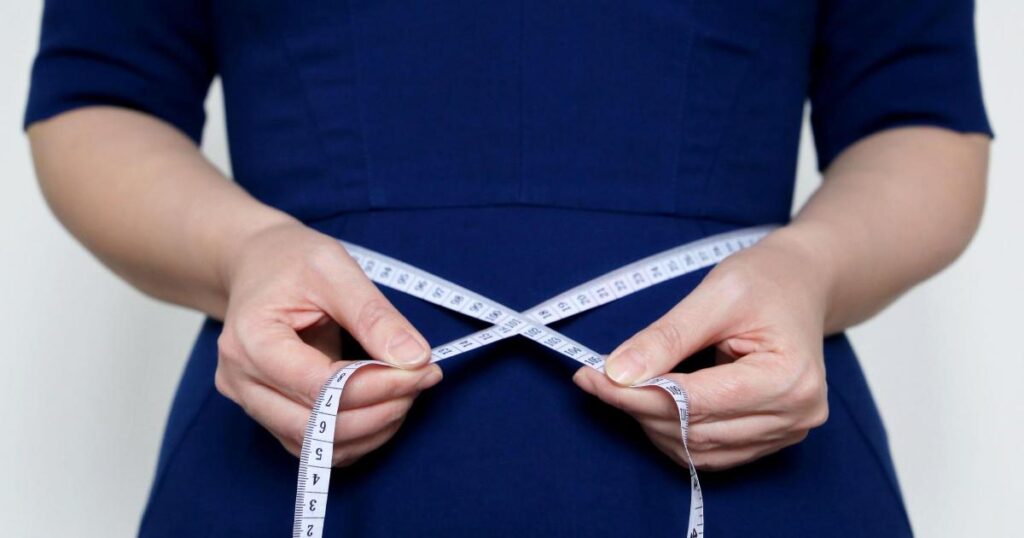One major insight from the data is that users don’t need the maximum dose to succeed – the so-called ‘golden dose’ may be much lower. Meaningful weight loss can be achieved at all levels, and results can vary between individuals, as ‘food noise’ is reduced.
Patient dosage, starting body mass index (BMI) and percentage of body weight lost were reviewed, to provide people exploring treatment a realistic snapshot of what to expect and show what real success looks like.
Mounjaro users report surprising side effect – pharmacists share their tips https://t.co/9tXoCc5gCk https://t.co/KGLZUpUbcL
— Telegraph & Argus (@Bradford_TandA) August 5, 2025
Leading online pharmaceutical company Oxford Online Pharmacy has conducted a study of 100 anonymised patients prescribed once-weekly Mounjaro (tirzepatide) injections.
The data aims to counteract unhealthy beliefs that hunger equals failure, which may lead to unnecessary concerns and calls for increased doses. The analysis revealed that patients in the analysis lost up to 39kg, with consistent results across a range of doses.
Kiran Jones, Clinical Pharmacist at Oxford Online Pharmacy, says: “This study reinforces that healthy, sustainable weight loss is possible without excessive pressure or maximal dosing.
“People think these medicines switch off hunger completely, but that’s not how they work. Being able to eat is normal. Success looks different for everyone, and often, the biggest wins are quiet ones: more energy, less breathlessness, and better sleep.
“Becoming healthier without extreme diets or private clinics is a powerful example of what good, regulated care can achieve. Patients need safety, not pressure.”
All patients started on the recommended dose of 2.5mg, which gradually increased depending on individual response (up to 12.5mg), with 86% maintaining a moderate dose of 10mg or lower. The most common dose for over half of the patients was 5mg.
It varies for everyone, but I did 6 months of Mounjaro and “I feel absolutely starving when I don’t eat enough” was 100% gone. However, dosing is poorly managed. They wanted to increase all the time and that made me sick, so I stayed on the lowest dose and it worked great.
— Peter Cooper (@cooperx86) August 5, 2025
Weight loss generally increased with dose, but the data shows this does not follow a strictly linear pattern. Patients on 7.5mg showed the highest average weight loss overall, showing smaller doses can be effective, and making this the ‘golden dose’ for many people.
Similarly, higher BMI correlated with greater weight loss, but not in all patients.
The study also highlights the importance of celebrating non-weight loss wins, discussing how the right dose helps users strike a balance between appetite control, tolerability and overall wellbeing.
However, the experts say that they should not switch off hunger entirely – it just helps regulate appetite and increase feelings of satisfaction. Being able to enjoy food can be a sign that the medicine is working appropriately.
Meanwhile, before experiencing weight loss, patients reported improvements, including better sleep, more stable energy and mood, reduced cravings, and increased motivation to move.
What is ‘food noise’?
‘Food noise’ is thinking about food even when you aren’t physically in need of food. Experts say it is a psychologically driven process, unlike real hunger, which comes from your body needing nutrients and fuel.
GP registrar Dr Jack Mosley – whose dad was BBC presenter Dr Michael Mosley – has written a book titled Food Noise.
Recommended reading:
“There’s multiple reasons we eat,” he says. “One of the big drivers is simply appetite, and that’s centrally controlled in our brain and through our guts.
“But our cravings – that internal food monologue, which I refer to as the ‘food noise’ – that can be turned up if you are hungry, but plenty of people, eat even when they’re not hungry.
“Many of us can relate to it, when we’re stressed, we’re not typically eating nutritious foods. We want that easy, accessible junk food. So we want the sugary, salty snacks. We want that sugar high. The weight-loss drugs can reduce our appetite and our cravings, but they’re not necessarily going to address things like our emotional hunger.”




